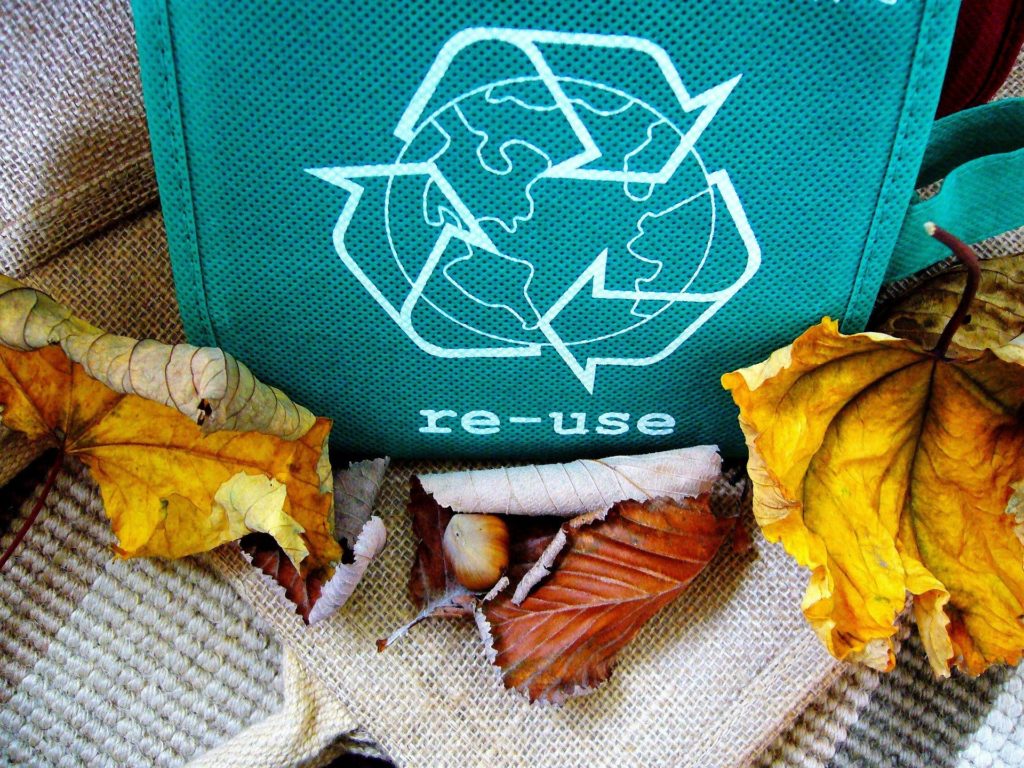Free UK mainland delivery on orders when you spend £100.00

Zero Waste literally means to produce no waste and throw nothing away, especially to landfill. The main aim here is to reduce what you need. Reuse as much as you possibly can, send as little as possible to be recycled and compost where you cannot do any of those things.
Zero Waste Europe states “the role that waste management, anti-incineration, and reduced plastic production plays in lowering our global greenhouse gas emissions will become more and more important”. All of these issues will need to be addressed urgently if global warming is to be kept under control.
In a perfect world, there would be no waste. There is no waste in nature and the aim is to create a circular economy to mirror this. With Zero Waste, nothing is being dumped, instead all resources will be fully absorbed back into a never ending system.
It may seem nearly impossible to produce Zero Waste, but if everyone makes even just some adjustments to the way they live, these small changes will make a big difference in the long run. Everyone should aim for the same goal, and that is to be as close to zero waste as possible.
Unfortunately we can’t control the materials that are used in the products that we buy but we can impact on the production of them.
Where you live could affect changes you make to implement a zero waste way of living, but everyone should be able to contribute one way or another.
Those who live in towns and cities often have more choice about how and where they buy. There are often more possibilities to buy in bulk or they may be located nearer to a certain type of retailer who are happy to refill previously used containers and bottles. Those who live in more rural areas may have the opportunity to grow their own vegetables or keep their own chickens. The goal is the same, to do the very best that you can with the resources you have.
It has been suggested that there are 5 main principles of living a Zero Waste lifestyle and they are rapidly becoming common across the entire globe.
We have a wide range of environmentally friendly products made from sustainably sourced materials, are suitable for recycling and or composting and may assist with leading a zero waste way of life. Here are just a few examples:
The options for reducing and eliminating waste are becoming much broader. The Zero Waste Movement is quickly changing the way people think and the types of products and packaging they use. In the last few years, the world has seen many Zero Waste stores open their doors with the intention to make positive changes for the environment. It is now up to you, what changes will you make to be closer to a Zero Waste lifestyle?
Sources:
https://learn.eartheasy.com/guides/zero-waste-a-beginners-guide/
https://learn.eartheasy.com/guides/zero-waste-a-beginners-guide/
https://www.goingzerowaste.com/zero-waste-1
https://zerowasteeurope.eu/what-is-zero-waste/